Previewing baseball HOF's 2024 contemporary era committee ballot
The National Baseball Hall of Fame's contemporary baseball era committee will announce the results of its 2024 managers/executives/umpires ballot this weekend.
Eight candidates - four managers, two executives, and two umpires - who made their biggest contributions to baseball after 1980 are on this year's ballot. Candidates must receive 75% of the vote from the 16-member committee to gain election. The vote's results will be revealed Sunday at 7:30 p.m. ET.
We run down the cases of each candidate and make our predictions ahead of election day.
Cito Gaston
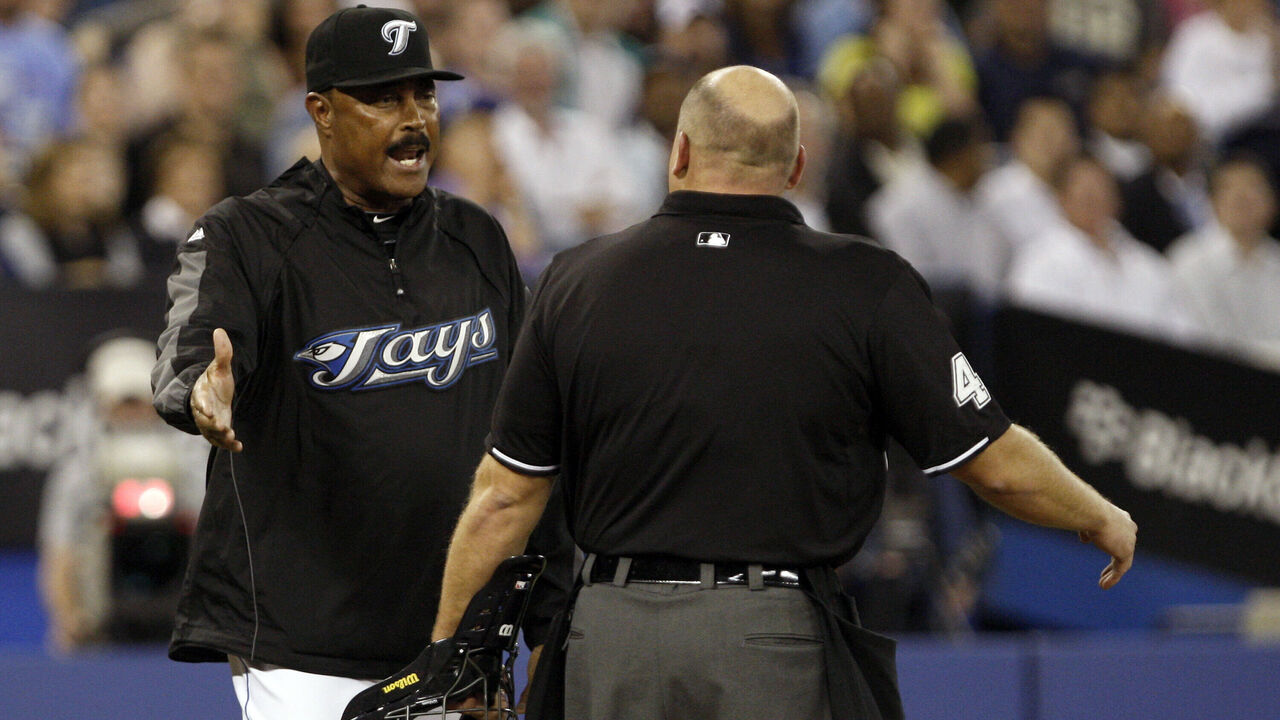
Position: Manager
Teams: Blue Jays
Years: 1989-2010
Last committee appearance: N/A (first-time candidate)
| Games | W-L | Win% | Playoff Berths | WS Titles |
|---|---|---|---|---|
| 1731 | 894-837 | .516 | 4 | 2 |
Gaston's career was shorter than the others on this ballot but still memorable. He's the respected leader of the Blue Jays' back-to-back championship clubs in 1992 and '93 and was the first Black manager to manage and win a World Series. The San Antonio native's .516 winning percentage is also better than several notable skippers with longer careers, including Casey Stengel. Before managing, Gaston had an 11-year playing career with three teams, including an All-Star appearance with the Padres in 1970.
What Gaston's case lacks is longevity. His 894 wins would be the fewest among Hall of Fame managers. He also failed to reach the playoffs after 1993, posting only one full winning season over that span. Gaston went 11 years between jobs in Toronto, only coming close to a gig elsewhere in 2004 when he was a finalist for the White Sox managerial role that went to Ozzie Guillén. Despite having baseball history on his side, his career arc likely won't do him favors in front of the voters.
Davey Johnson
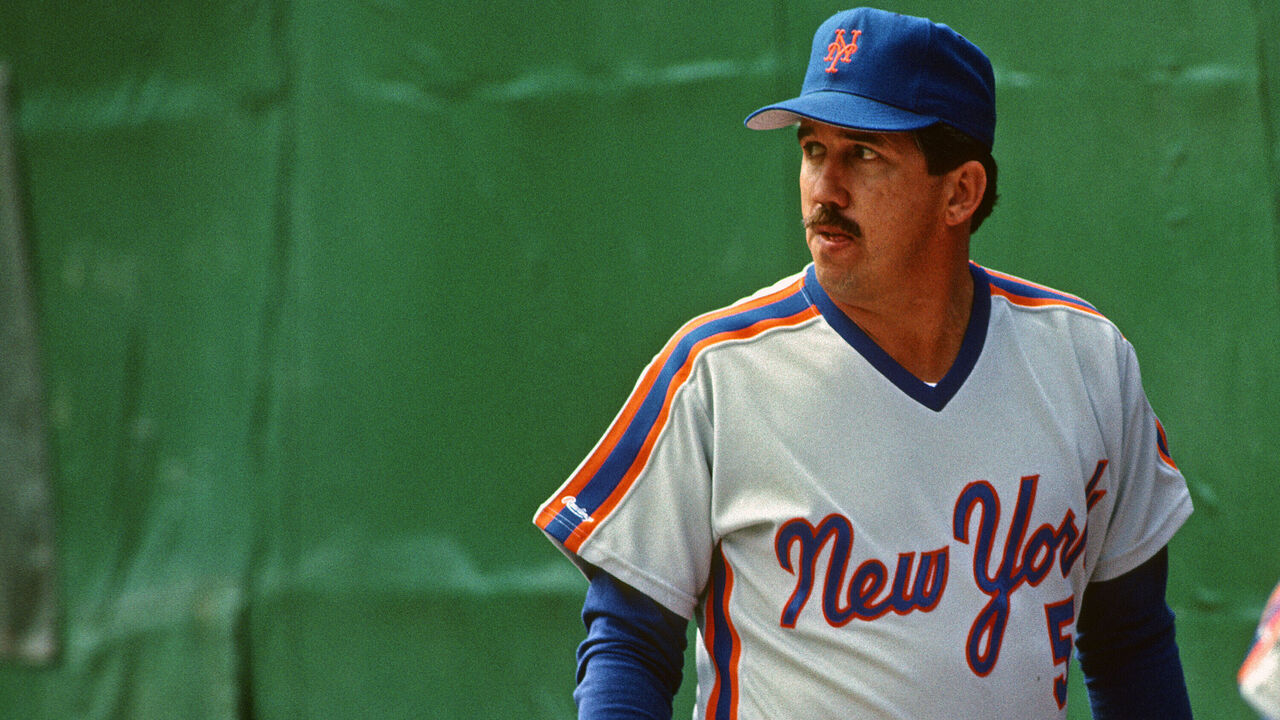
Position: Manager
Teams: Mets, Reds, Orioles, Dodgers, Nationals
Years: 1984-2013
Last committee appearance: 2019 (fewer than five votes)
| Games | W-L | Win% | Playoff Berths | WS Titles |
|---|---|---|---|---|
| 2445 | 1372-1071 | .562 | 6 | 1 |
Johnson had a knack for engineering quick turnarounds and managed seven 90-win clubs while posting just one losing record in a full season. An innovative skipper who was an early champion of ideas such as OBP, he's best known as the leader of the 1980s Mets, who won 100 games twice and the 1986 World Series under his watch. Johnson also won division titles in Cincinnati and Baltimore despite battling meddling owners who forced him out of both cities. He turned the Nationals from a perpetually rebuilding club into a 98-win division champion as well. As a player, Johnson was a four-time All-Star and three-time Gold Glover with the Orioles. He set the single-season home-run record for second basemen in 1973 with Atlanta.
Despite his shorter career, Johnson sits 17th in games above .500; excluding Dusty Baker and Dave Roberts, everyone ahead of him on the list is already in the Hall. He's 30th in winning percentage and jumps to 14th among managers with at least 1,000 games. But like Gaston, a lack of longevity and decade-long break hurts. The only modern-era managers in Cooperstown with fewer games managed are Whitey Herzog and Billy Southworth, but they both won multiple pennants compared to Johnson's one. Herzog made the same number of playoff appearances (six) without the benefit of the wild card. Johnson may have a case, but it's looking like an uphill battle this year.
Jim Leyland
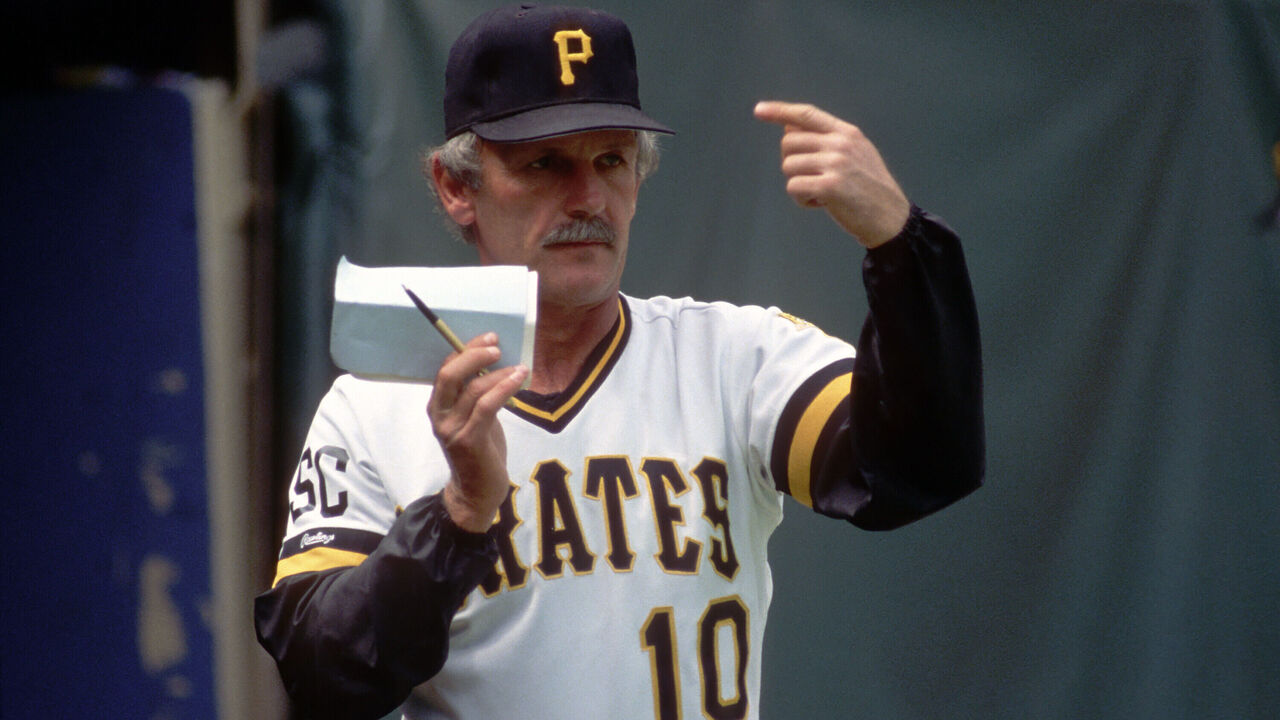
Position: Manager
Teams: Pirates, Marlins, Rockies, Tigers
Years: 1986-2013
Last committee appearance: N/A (first-time candidate)
| Games | W-L | Win% | Playoff Berths | WS Titles |
|---|---|---|---|---|
| 3499 | 1769-1728 | .506 | 8 | 1 |
After his playing career flamed out at Double-A, Leyland turned to coaching and became one of the most respected managers of his era. One of only 10 skippers to win pennants in both leagues, the colorful chain-smoker also won 700 games with two franchises (Pirates and Tigers) and led teams to the playoffs eight times. Leyland guided the Marlins to a World Series title in their fifth season of existence and turned the Tigers into overnight pennant winners in 2006, only three years after losing 119 games. Leyland, a three-time Manager of the Year winner, sits 18th all time in regular-season wins and 17th in games managed. His 44 playoff victories are tied with Terry Francona for seventh all time.
Leyland's winning percentage would be on the low end for a Hall of Famer, although this doesn't necessarily spell the end of his candidacy. He's well ahead of Bruce Bochy, who's a lock for Cooperstown despite a winning percentage that continues to hover around .500. Some of Leyland's worst seasons can also be attributed to tight-fisted ownership in Pittsburgh and Miami that allowed his talented teams to be dismantled. But it could be argued that he didn't get enough out of his great Tigers teams.
Ed Montague
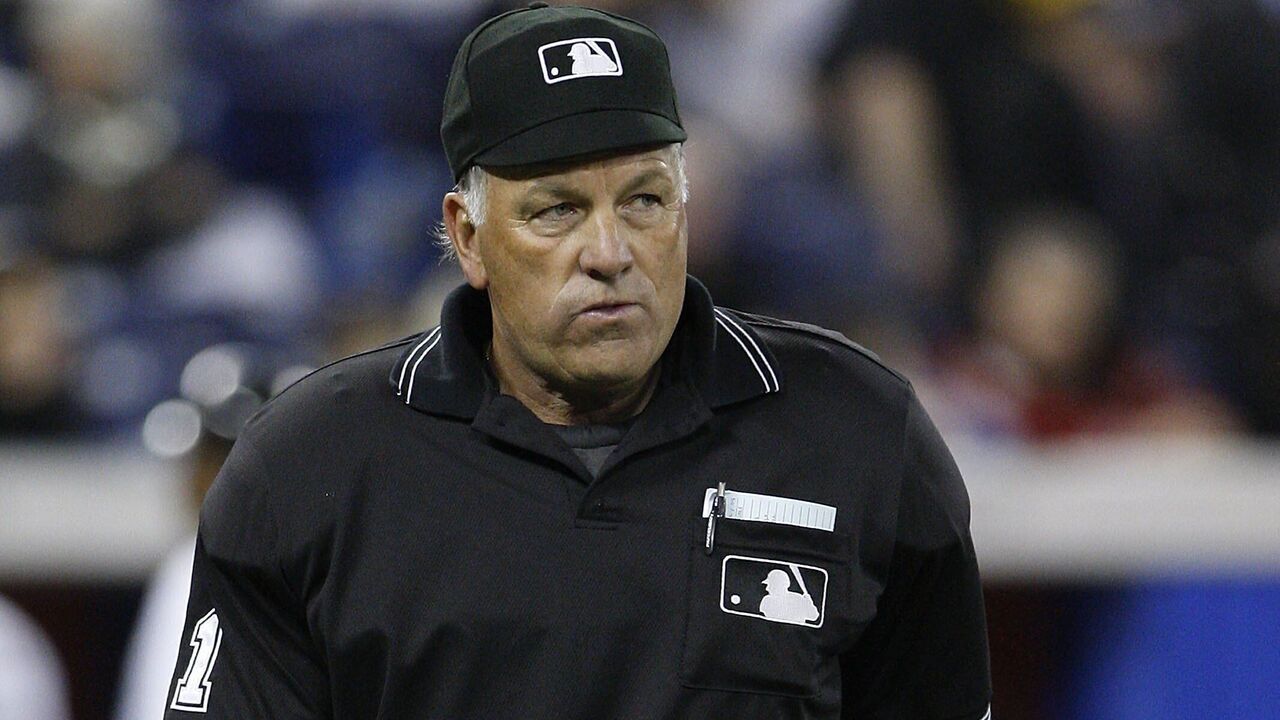
Position: Umpire
Years: 1974-2009
Last committee appearance: N/A (first-time candidate)
Montague's 4,369 games over 34 seasons as an umpire ranks 13th all time and was in the top 10 when he retired in 2009. He was selected to umpire in six World Series, seven League Championship Series, seven Division Series, and five All-Star games. Montague served as the crew chief during four World Series assignments, second only to Hall of Famer Bill Klem. Since 2011, he's worked as an umpire supervisor for MLB.
It's not easy to evaluate umpires' Hall of Fame credentials, especially modern umps. Of the 10 already in Cooperstown, only one - Doug Harvey - worked his entire career in the expansion era (since 1961). Montague was a highly respected umpire, evidenced by his many postseason and All-Star assignments. He passes the eye test. Unfortunately, he's not the most famous umpire on this ballot.
Hank Peters
Position: GM/president/executive
Primary Teams: Athletics, Orioles, Indians
Years: 1946-1991
Last committee appearance: N/A (first-time candidate)
Peters started his career in scouting and development but is most famous for his work as a general manager, primarily in Baltimore. He rebuilt an aging Orioles dynasty into another perennial contender on the fly. The O's finished second or better eight times under Peters' watch, winning two pennants and one World Series while producing multiple franchise icons from the farm system, including Eddie Murray and Cal Ripken Jr. He also acquired and developed much of the talent that would become the Athletics' 1970s dynasty and Cleveland's dominant 1990s squads, although he left both organizations before their runs began. As president of the National Association of Professional Baseball Leagues, Peters grew Minor League Baseball and helped shape today's modern farm systems.
Peters is one of many executives of his era who can't seem to crack the gate despite a resume that passes muster. Stiff competition may prevent him from getting in this time, but there should be room for him in Cooperstown eventually.
Lou Piniella
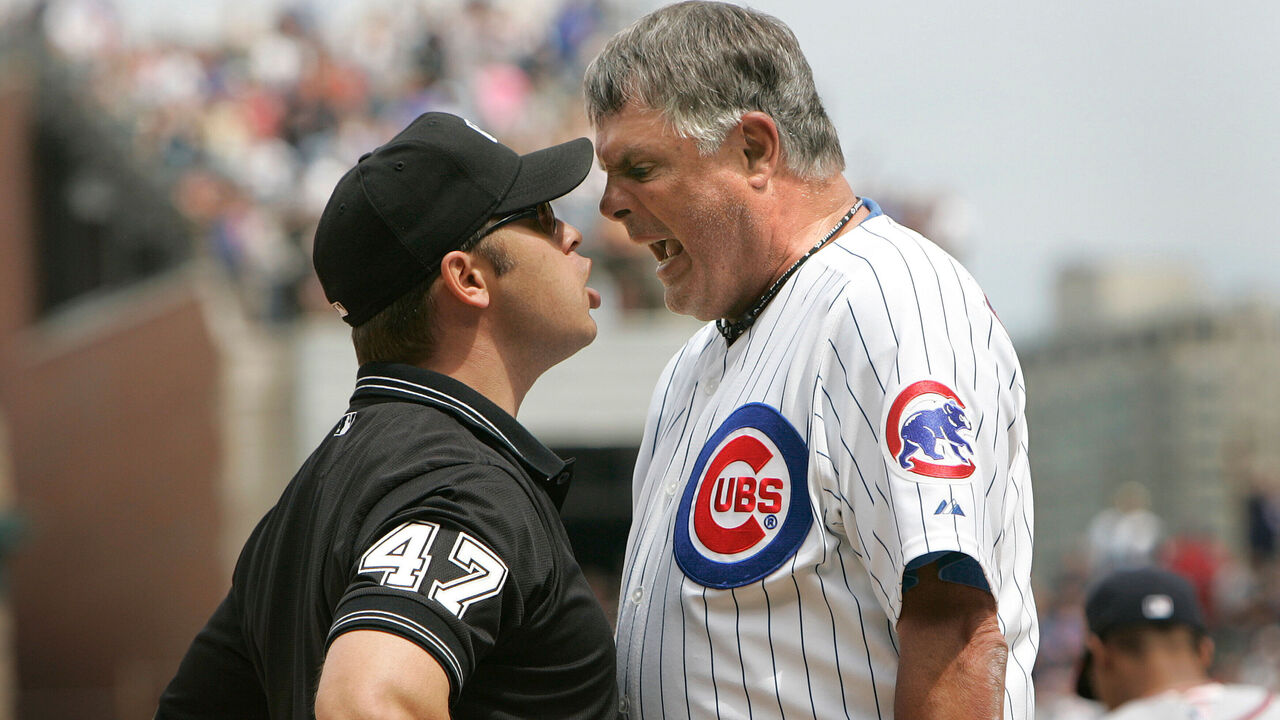
Position: Manager
Teams: Yankees, Reds, Mariners, Devil Rays, Cubs
Years: 1986-2010
Last committee appearance: 2019 (11 of 16 votes)
| Games | W-L | Win% | Playoff Berths | WS Titles |
|---|---|---|---|---|
| 3548 | 1835-1713 | .517 | 7 | 1 |
Known as much for his fiery temper and entertaining ejections as his managerial work, Piniella ranks 17th all time in wins, fourth most among skippers who aren't in Cooperstown. A three-time Manager of the Year, "Sweet Lou" was the rock of the Mariners during their most successful decade, leading them to four playoff berths and a record-tying 116 wins in 2001. He also guided the Reds to an unexpected World Series title in 1990 and won two division crowns with the Cubs. Over Piniella's 18-year playing career, he helped the Yankees win a pair of World Series titles and claimed AL Rookie of the Year in 1969. He was also briefly the Yankees' general manager in 1988.
While longevity and a high win total are in his corner, Piniella's case has a few drawbacks. He managed many playoff teams, but only one - the world champion Reds of 1990 - won a pennant. His Mariners squads consistently fell short in October despite boasting plenty of star power. Piniella's winning percentage is also low, partially due to his ill-fated Devil Rays stint. His solid playing career isn't enough to gain bonus points. Still, he missed election into the HOF by one vote in 2019 and remains a very popular name. That helps him a lot.
Joe West
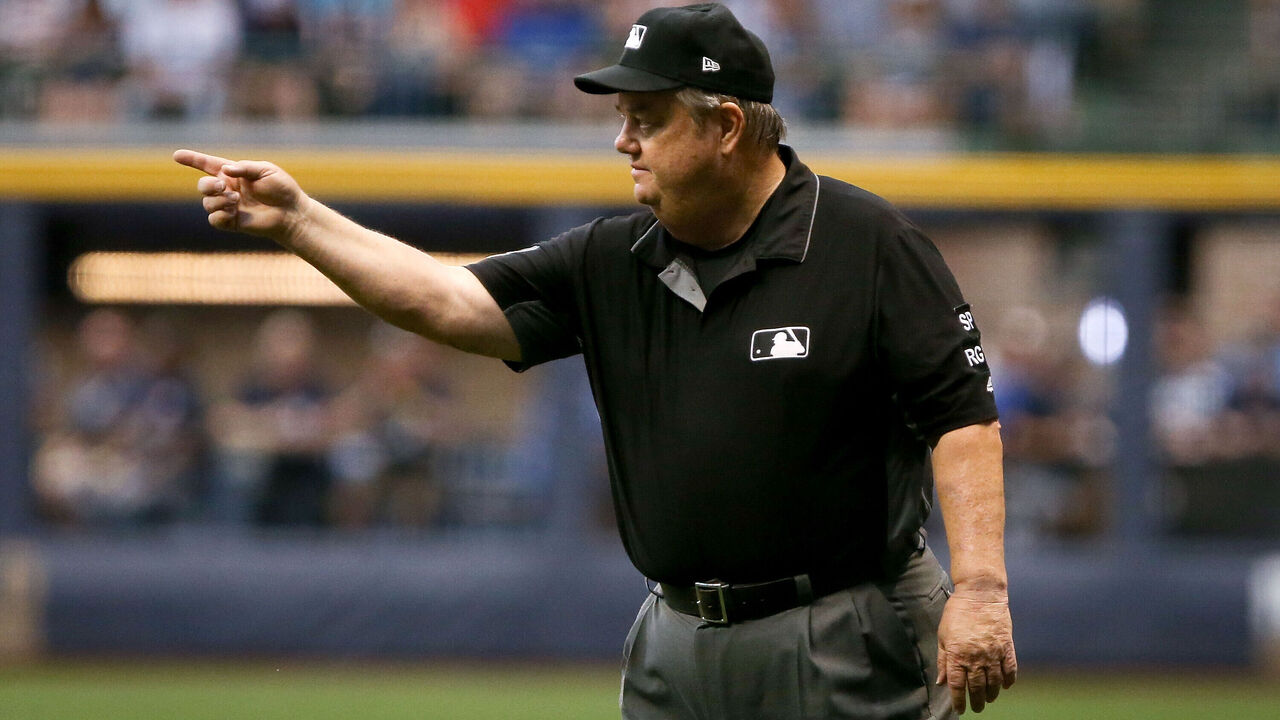
Position: Umpire
Years: 1976-2021
Last committee appearance: N/A (first-time candidate)
"Cowboy Joe" was perhaps the most famous - or infamous, depending on your view - umpire of his time, and he's all over the record books. A presence who never let his authority be questioned, West called more games (5,460) over more seasons (43) than any of his peers, and he's one of only three umps to surpass the 5,000-game mark. He also worked another 132 playoff contests, tied for second all time. From 2009-18, he served as president of the umpires' union.
West's notoriety stemmed from his penchant for controversy, often drawing the ire of players, managers, and fans. Always quick with his trigger finger, his 151 ejections rank fifth all time. Public opinion of his skills varied considerably throughout his career, especially from players, and the criticisms grew louder during his final seasons. West is the more familiar name of the two umpires on this ballot and stands a better chance of election thanks to his longevity records.
Bill White
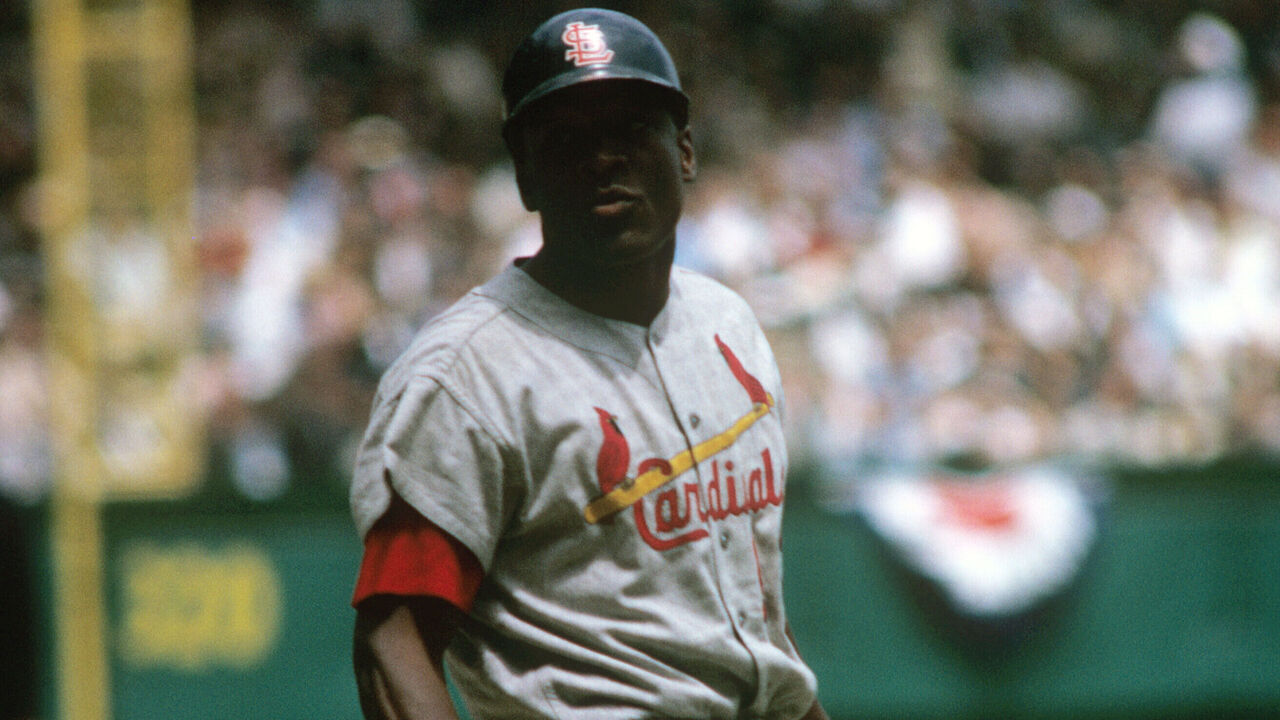
Position: 1B/broadcaster/executive
Teams: Giants, Cardinals, Phillies (player); Yankees (broadcaster); National League (executive)
Years: 1956-1969 (player); 1971-1989 (broadcaster); 1989-1994 (executive)
JAWS: 35.3 (48th at 1B)
WAR: 38.6 (50th)
Last committee appearance: 2010 (fewer than three votes)
| GP | BA | OPS | H | HR | RBI | SB |
|---|---|---|---|---|---|---|
| 1673 | .286 | .806 | 1706 | 202 | 870 | 103 |
White wore multiple hats during his long baseball career. An eight-time All-Star, he averaged 20 homers a season during his 13-year playing career and was a key member of the Cardinals' 1964 World Series champions. White was renowned for his defense, winning seven Gold Gloves at first base. After retiring as a player, he became the first full-time Black play-by-play voice of a major sports team when the Yankees hired him in 1971. White would call Yankees games on both radio and TV, as well as national baseball broadcasts, for 13 years before being named president of the National League; the appointment made him the highest-ranking Black sports executive at the time. His accomplishments in that role included overseeing the NL's 1993 expansion (Marlins and Rockies).
White is officially on this ballot as an executive, and his five-year tenure with the NL doesn't quite pass the bar on its own. The same goes for his playing career. Put all aspects of his baseball resume together, and he has a compelling overall case that's complex but deserving of consideration.
Our picks
There are more than three deserving candidates, but only three spots are available. If we had a vote, we'd choose Piniella and Leyland, two of the best managers of their time, and White for his overall contributions. We expect the committee will agree on the managers while also electing West in spite of all his controversies.